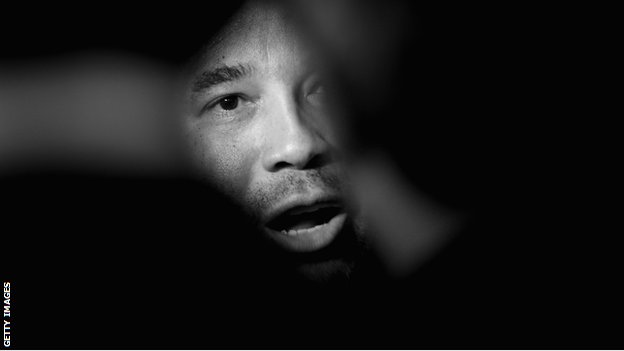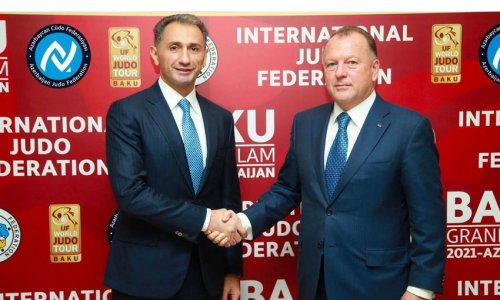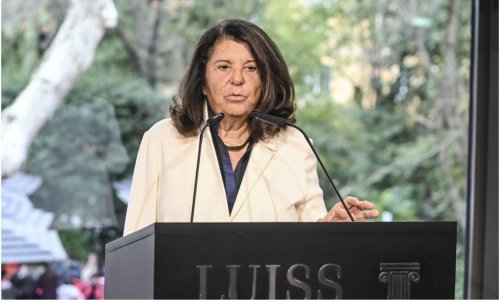John Barnes says black managers don't get many second chances, while Viv Anderson, another former England international, thinks he will be dead before a black man is made boss of the England men's team.
The statistics appear to give credence to both views, but that hasn't stopped a number of black coaches thinking big.
"I want to be England manager," one tells BBC Sport. "It's a ridiculous dream, but how amazing would that be?"
Another says he will "kick doors down" to progress, insisting the gloomy predictions of some will not put him off.
"I know people who have given up, but I am stubborn," he adds. "I have sacrificed relationships and job opportunities already to get to this point."
The issue of black and ethnic minority (BAME) coaches in football remains a live issue. BBC Sport takes a closer look.
So what do the stats tell us?
QPR's Chris Ramsey is the only black manager in the English Premier League. Not so long ago, there were none.
But take a look lower down the footballing pyramid.
Of the 230 clubs that make up the seven tiers of English football below the top flight, only 14 have black managers (6.09%).
There are no black managers in the Women's Super League either.
What about the rest of the United Kingdom?
Well, there are no black managers in the top four divisions of Scottish football. Or in Northern Ireland's top flight. As for Wales, Airbus UK's Andy Preece is the only black manager in the country's elite league.
Is this bad?
The figures fluctuate all the time, but the situation has been a lot worse.
A year ago, when Hughton lost his job at Norwich, the number of black managers in the top four divisions of English football was zero.
To get a better steer of the current situation, it's worth comparing the number of black players with the number of black managers.
About 25% of players in the Premier League and Football League are black. Based on current figures, about 6.5% of managers in the top four divisions - or six in 92 - are black.
As for coaches, well, that's an even sorrier tale.
A recent study claimed that of 552 key coaching jobs in English football, 19 were occupied by people from black and ethnic backgrounds.
Football Association board member Heather Rabbatts said it was further evidence "that bodies across the game need to work together to challenge discrimination", while Sports Minister Helen Grant said the findings of a Think Tank were both "appalling and worrying".
So progress is negligible?
Anderson thinks so. He says football has failed black managers in the 20 years since he was in charge of Barnsley.
"I don't think we have changed at all," says the former Nottingham Forest, Arsenal and Sheffield Wednesday player.
"There were two black managers - myself and Keith Alexander - and there's not much more now.
"When there were two of us, there was talk at the time of it being the start of something, but it has never materialised."
Hope Powell is one of the foremost black managers in British football.
She coached the England women's team for 15 years and was tipped to make the switch to the men's game at one stage, with Grimsby Town reportedly a suitor.
"It would be great, visually, to see more black people in the game, both male and female," she says. "It is disappointing there are not more."
Is John Barnes right?
Former England and Liverpool winger John Barnes claims he would have found another managerial job had he been white.
He has managed Celtic and Jamaica but his last managerial job was with Tranmere Rovers in 2009.
"A white manager loses his job and gets another job, he loses his job, he gets another job," he said recently.
"Very few black managers can lose their job and get another job."
That view resonates with Ramsey. He may be in a job right now with QPR, but he fears for his future should he lose it. He says "any manager of any race" struggles to find work but adds it is more difficult "as a black man".
Former England striker Les Ferdinand, now QPR's director of football, also believes "covert racism" still exists in football.
Anyone bucking that view?
Who are the "very few black managers" that Barnes refers to that continue to get employment? Four come to mind.
Hughton is in charge of Championship side Brighton & Hove Albion but has also managed Newcastle United, Birmingham City and Norwich City. He was also assistant boss at Tottenham and the Republic of Ireland.
Sacked by Charlton in March 2014, former England left-back Powell was back in management with Huddersfield Town six months later.
Curle is currently in charge of Carlisle United but has also managed Mansfield Town, Chester City, Torquay United and Notts County,
And Paul Ince has managed Macclesfield Town, Milton Keynes Dons, Blackburn Rovers, Notts County and Blackpool.
Good players but not good coaches?
A pioneering black player with West Bromwich Albion in the late 1970s and early 1980s, Brendon Batson has devoted a large amount of time to anti-racism causes.
Now a consultant to the Football Association on equality, he is heavily involved with a bursary programme seeking to get more black, Asian and ethnic minority coaches involved in the game.
"More than 25% of professional footballers are black," says Batson. "What we have not seen is the transition.
"The message, almost by default, has been 'we think you are good players, but we don't think you are good coaches'."
That view is backed up by a recent study, carried out by the Sports Persons' Think Tank.
It found that people from BAME backgrounds filled only 19 of the 552 'top' coaching positions at professional English clubs.
Is anything changing?
Batson thinks so. He says that, "for the first time" in his experience, would-be black coaches and managers are being told they are wanted.
"Now it is not about the old-boys network and who you know," says the 62-year-old, who was named an OBE in 2015 for his services to football. "It's a qualifications-based industry."
Powell agrees. With more black players coming through, she believe there is an opportunity to "convert" those players into coaches.
Acknowledging there is an issue with underrepresentation, the FA wants to drive up the numbers of BAME coaches.
So what's the FA doing?
By 2016, the FA wants 10% of coaches to be from BAME backgrounds at each stage of the qualification process. See table below.
(BBC)
ANN.Az
www.ann.az
Follow us !











